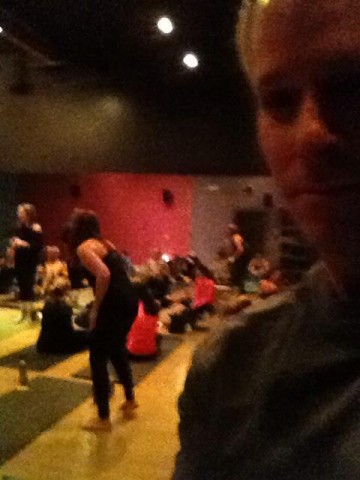'Train slow - Best slow' Have you heard this saying before? I want to give credit to legendary strength & conditioning coach Al Vermeil as he's been known to have a number of original saying related to training. Another one I know for sure Al said was related to plyos where he said 'the bigger the athlete the smaller the hurdle' (or box). But back to the original statement this has to do with the specificity of training. If you are an athlete that requires speed it is important to use movement, drills and exercises that develop the capacity of the athlete to move and perform at a high velocity. And typically what happens is people watch YouTube videos of people performing insanely high box jumps or their favourite athlete is featured in a commercial doing something explosive. All of a sudden everyone wants to start there. Day 1 and they want to do max height box jumps, plyos, Olympic lifts and anything else that is worthy of a facebook post. Let's face it there aren't too many 'likes' for someone being able to hold a proper plank for 60 seconds. So do we really have to 'go big or go home'? Is there value to slowing things down a bit? Can you still achieve your potential without going all out all the time? The answer to all of these is No-Yes-Yes. In particular there are a couple of times when slower is better. In particular when you are performing stability or balance drills there is more benefit to slowing things down. Consider the following couple of scenarios. Slowing Down Plyometrics An athlete could be performing Heidens, bounding from one leg to the other. This is a great drill to develop power in the frontal plane. When this drill is performed with...
Yoga - Is It Good For Athletes? (Part II)
- Chris Collins
- Fitness
- Training
- Work-Out Recovery
- 1661 Hits
- 6 Comments
-
Recently I attempted to initiate a dialogue on the topic of whether or not yoga is good for athletes. Because a number of athletes use it as part of their training.But is it something that benefits them? Is it a need to have or a nice to have?The last post was meant to examine yoga as to how it meets the needs of athletes. And I wanted to focus primarily on what 99.9% of athletes that come through our door are asking for which is to get stronger, to get faster and to become fitter.Yet in the comments section on the previous post the proponents of yoga didn't address those questions. Instead we heard about many of the other benefits of yoga, some of which I agree with, a listing of the various types of yoga as well as offerings as to new spellings of words. The urban dictionary will be calling. [caption id="attachment_3014" align="aligncenter" width="480"] Just before my first yoga class. What I'd like to do with this post is see if there is agreement as to what develops strength, power and fitness? I will also share what my first experience with yoga was like. Lastly, I am going to pose another question regarding yoga not so much from the athletic development perspective but in a more general sense. So rather than hide in my squat racks with weight vests on like Salman Rushdie I want to continue the dialogue and get some more feedback. Here we go. If we are to discuss increasing strength then there needs to be consideration to resistance. There are a number of ways to apply resistance to a system. It can be variable such as bands and tubing or constant such as body or free-weight. We can move the resistance through or against the...
